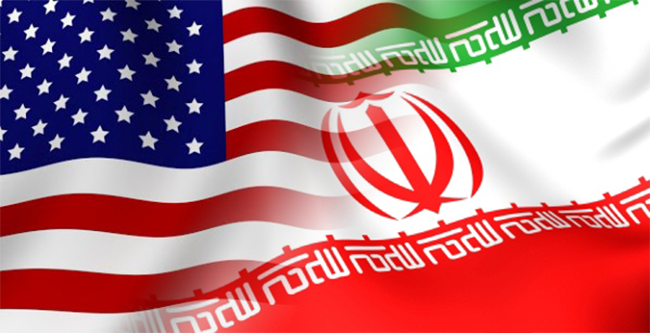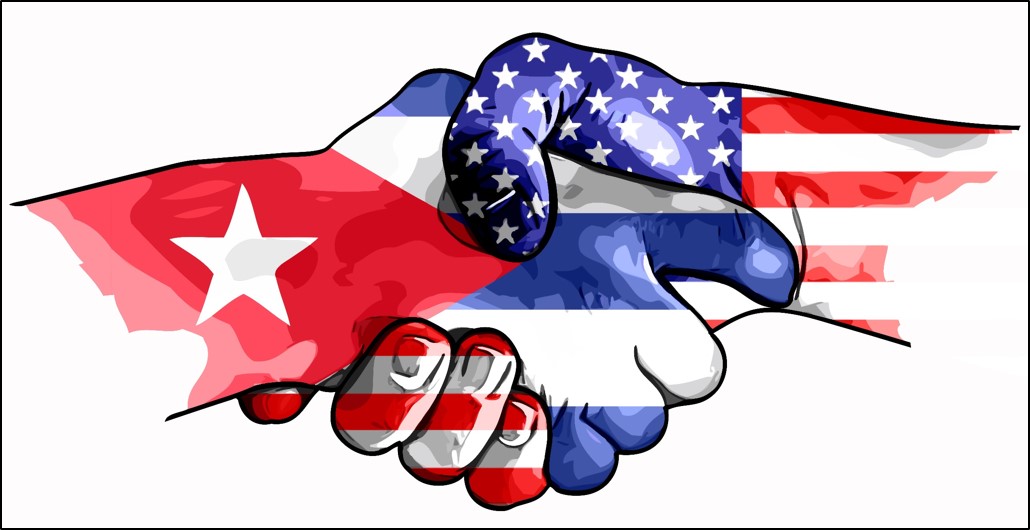One of the more recent “hot topics” in Global Affairs has been the controversial emergence of a nuclear Iran. In order to prevent Iran from obtaining nuclear weapons, the international community has tried everything from threatening to annihilate the nation to imposing radical sanctions severely damaging the Iranian people’s livelihoods. These actions and counteractions have been heatedly debated by various well-known social scientists, including Kenneth Waltz and Scott Sagan. Lately, however, the world has witnessed an interesting turn of events.
Following the presidential election of the more moderate candidate, Hassan Rouhani, Iran took part in a new round of negotiations leading to unprecedentedly successful outcomes. Slowly, the nation’s relations with the United States began to warm — a trend that left other Middle Eastern nations, such as Israel and Saudi Arabia, feeling increasingly uneasy. This has left the United States faced with an unusual dilemma in which the most profitable scenario is difficult to determine.
From a realist perspective, the United States’ decision to shift alliances, moving away from states such as Israel or Saudi Arabia and towards Iran, could improve the US’ relationship with China – and, potentially, even with Russia. Both China and Russia see Iran as their important partner as well as, geopolitically, a strategic back door to their country. As a result, both nations seek to maintain healthy relations with Iran. This is a golden opportunity for the United States, and if diplomatic cards are played well the United States can benefit significantly from the upper hand it currently holds. This scenario will soften the growing levels of hostility and de-escalate the international tensions that have been building up in the past few months.
The real issue with the US’ enhancing of their relationship with Iran, however, would be ethical in nature.
Once the US decides to work on healing its relation with Iran, other allies of the United States in Europe, would also soon follow in the American’s footsteps, as they have always done in the past.
The real issue with the US’ enhancing of their relationship with Iran, however, would be ethical in nature. An alliance with Iran would, to a certain extent, require that the US turn a blind eye to the country’s terrible human-rights record. The Iranian government would be able to increasingly oppress their own people without fear of reprimand. However, such behaviour would be far from new for the US – a country that repeatedly ignores the inhumane actions of allied governments in Bahrain, Saudi Arabia and Israel. Shaming other countries for their human rights records, it seems, is but a political tool used by governments to rally supporters against a state for a vested cause.
In conclusion, it would appear beneficial for the United States, at this current point in time, to make deals with Iran. The White House should take advantage of this opportunity to secure its position in an unpredictable political future. By a simple shift of alliances, Obama could ensure his country’s global hegemony as it carefully heads a safe majority of international dynamics.





